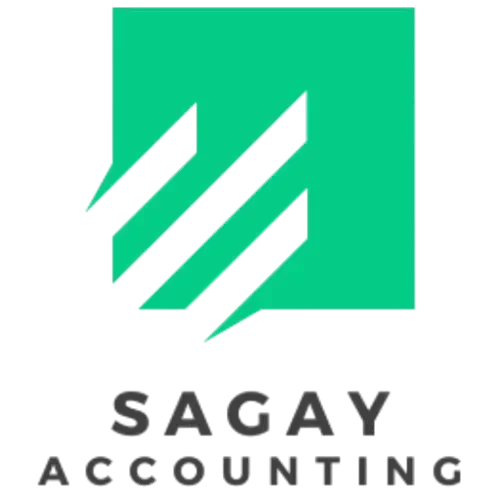What Expenses Can a Small Business Claim? A Practical List
Introduction:
Understanding what expenses your business can claim is essential if you want to reduce your tax bill and stay compliant with HMRC. Many small business owners — particularly sole traders, freelancers, and company directors — often miss out on valuable deductions simply because they’re unsure what qualifies.
At Sagay Accounting, we help businesses across the UK make the most of legitimate expense claims. Below is a practical list of common business expenses you can typically claim to reduce your taxable profits.
1. Office and Workspace Costs
You can claim the cost of maintaining your business premises, including:
- Rent or mortgage interest (if applicable to a dedicated workspace)
- Business rates
- Utilities (electricity, water, heating)
- Internet and phone bills
- Office supplies (printer ink, stationery, postage)
If you work from home, you can claim a portion of your home expenses, either by using HMRC’s simplified flat rate or calculating actual costs based on usage.
2. Staff and Subcontractor Costs
If you employ staff or use freelancers/contractors, these are allowable business expenses:
- Salaries and wages
- Employer’s National Insurance contributions
- Pensions
- Subcontractor fees (including under the Construction Industry Scheme)
- Recruitment costs (agency fees, advertising, etc.)
- Recruitment costs (agency fees, advertising, etc.)
3. Professional Fees
Most businesses rely on external professional services — and the costs are claimable:
- Accountant or bookkeeper fees
- Legal advice
- Consultancy
- Business insurance (e.g., public liability, professional indemnity)
4. Travel and Transport
You can claim travel costs for business-related journeys, such as:
- Mileage (45p per mile for the first 10,000 miles in a tax year)
- Train, bus, taxi, and plane fares for business travel
- Hotel accommodation (when travelling for work)
- Parking fees, tolls, and congestion charges
Note: You cannot claim for commuting between your home and regular workplace.
5. Marketing and Advertising
Promoting your business is a legitimate cost. Claimable expenses include:
- Website design, hosting, and domain registration
- Social media and Google advertising
- Printed materials (flyers, business cards)
- Sponsorships and event fees (if clearly related to business)
6. Equipment and Tools
These are capital or revenue expenses depending on their use and value:
- Computers, laptops, tablets
- Machinery or tools used in business operations
- Furniture for your office
- Software subscriptions (e.g., accounting, design tools)
Larger equipment purchases may need to be claimed under capital allowances, which your accountant can guide you through.
7. Banking and Financial Charges
Expenses relating to business finance include:
- Bank charges on a business account
- Interest on business loans or overdrafts
- Leasing payments for equipment
- Payment processing fees (PayPal, Stripe, etc.)
8. Training and Development
If training helps you improve skills related to your current trade or profession, it’s generally claimable:
- Online courses or workshops
- Industry-specific conferences
- Relevant books and subscriptions
Note: Training for new skills (not related to your existing business) is usually not allowable.
9. Phone and Internet
If you use a mobile phone or broadband connection for business, you can claim either:
- A percentage of the monthly cost (if shared with personal use)
- 100% of the cost (if used solely for business)
10. Business Use of Personal Assets
If you use your own car, mobile, or home for business purposes, you can claim a reasonable portion of those costs. An accountant can help you apportion these fairly and in line with HMRC expectations.
Keeping Records: Why It Matters
To support your claims, you must keep clear records, including:
- Receipts and invoices
- Mileage logs
- Bank statements
- Digital copies (if using cloud accounting software)
HMRC requires records to be kept for at least 5 years after the 31 January submission deadline for the relevant tax year.
Conclusion
Claiming business expenses correctly can significantly reduce your tax bill — but doing it incorrectly can lead to penalties or an HMRC investigation. That’s why it’s vital to keep good records and seek professional advice if you’re unsure.
At Sagay Accounting, we help small business owners and freelancers across the UK identify every allowable expense and stay fully compliant. If you’re not sure what you can and can’t claim, we’re here to help.
Contact us today to schedule a free consultation and ensure your business is claiming all it’s entitled to. Please feel free to check out our other blogs








